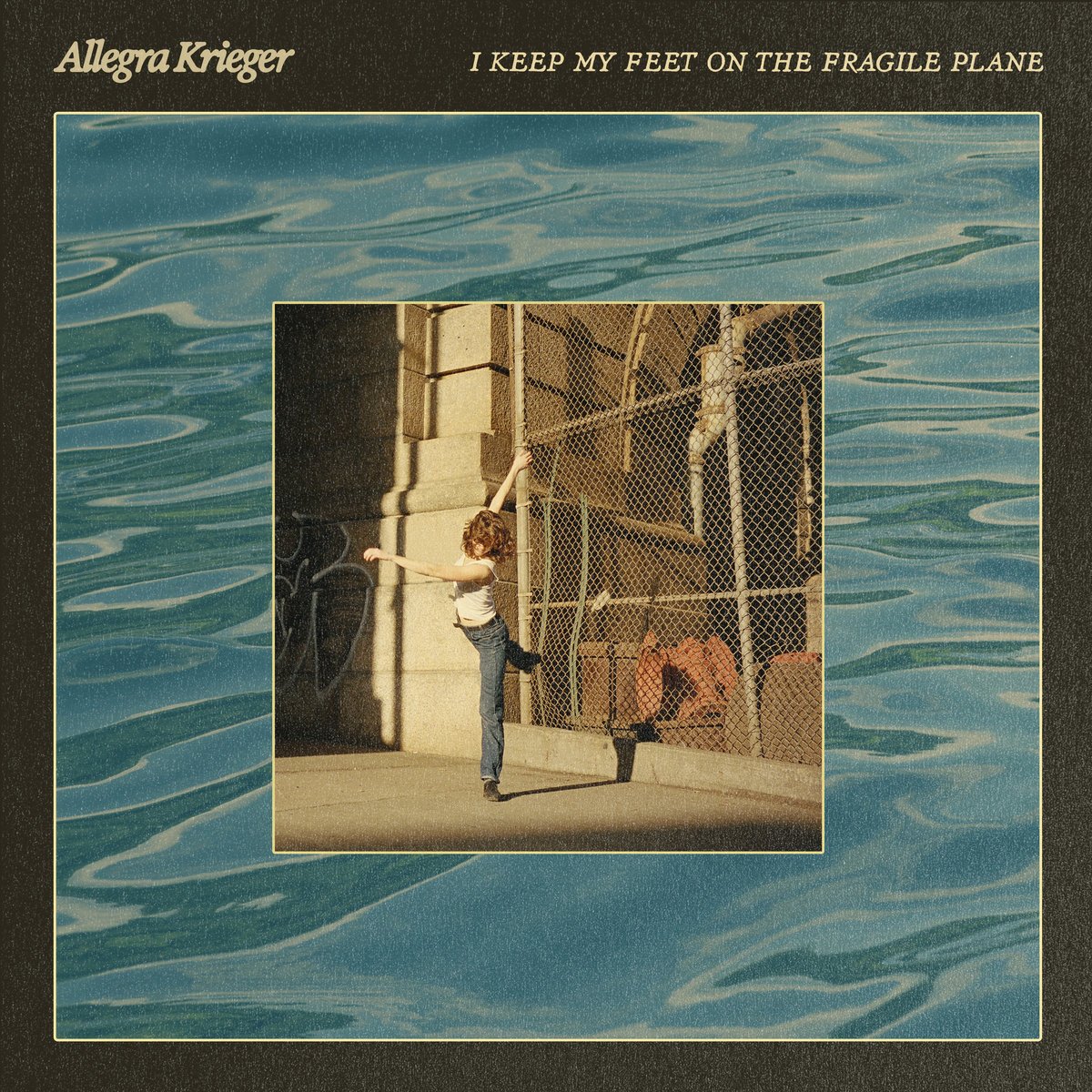1) Blake Mills, “Jelly Road” / Mills has stamped his name on some of my favorite records, writing and producing with the likes of Dawes, Alabama Shakes and Sara Watkins. His solo work always veers more experimental while retaining a shaggy-dog charm that makes it stick. Here, working alongside the New England-based jazz artist Chris Weisman, Mills creates something delightfully shambolic and spiritually satisfying, twining the stranger impulses of acts like Paul Simon and Sufjan Stevens into something immediate and present.
2) Black Milk, “Everybody Good?” / The Detroit-based rapper and producer transmits visions of a lush life on this vibrant, often sparkling collection made in the company of Quelle Chris, Karriem Riggins, Mick Jenkins and more. Black Milk’s production shimmers with the influence of jazz, soul and electro-pop; his delivery pulls you into the mix.
3) Allegra Krieger, “I Keep My Feet on the Fragile Plane” / Allegra Krieger embodies ache and steadfastness on her latest, which foregrounds a dynamic, 21st-century folk music: legato and lilting melodies, chords that don’t always resolve to expectation, bursts of noise that never destroy the beauty. This is what our world sounds like here, now, and Krieger sings our experience back to us, a great consolation.
4) Stephen Markley, “The Deluge” / Two movies flooded my mind while reading Stephen Markley’s genuinely cinematic yet unfilmable epic novel. Paul Schrader’s First Reformed because, while agnostic about religion, “The Deluge” truly believes in the sacredness of this world, in the awful power of our transgressions against it and asks similar questions: Will God forgive us?
And Paul Thomas Anderson’s Magnolia played across my internal movie screen, with Markley tying the fates of a wide cast of characters—eco-terrorists, PR stars, recovering junkies, would-be writers, martyrs and more—to illustrate the connectedness still shared by a burning world. Markley’s book, 880 pages all worth turning, is a literary lament that will live with me into the distant future (whatever it holds).
5) Ruth Madievsky, “All-Night Pharmacy” / Madievsky’s new novel isn’t my story at all, in its L.A. neon and interest in probing (pressing, carving) at layers of addiction—to sex, to drugs, to other people. And yet, Madievsky explained me to myself in the flash of a few sentences, as one character truly sees another:
“You’re always waiting for the universe to hurt you or to love you. Usually in that order.”
The best fiction introduces other worlds and unveils our own. Madievsky enfleshes these purposes throughout “All-Night Pharmacy,” showing off the sort of hypnotizing insight writers reach out for and hope to clutch.



